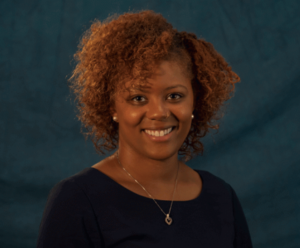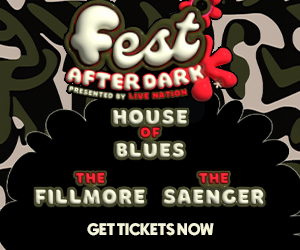When the coronavirus pandemic forced courses to be delivered online, Jacinta Saffold, a professor of African American litearture at the University of New Orleans, created a research project aimed at keeping her students engaged while also conducting original research.

UNO’s Jacinta Saffold uses a Digital Humanities approach to examine how Black people influence pop culture. Photo via UNO.
“I knew traditional research and writing assignments would exacerbate an already stressful time,” Saffold said.
The result was a digital humanities dataset called, “The Hype Williams Effect Project,” a literary compilation that helps document Black people’s influence on contemporary popular culture via the expansive career of hip hop music video director Harold “Hype” Williams.
The project, created by students in Saffold’s graduate level Hip Hop’s Literature course, will be published in a newly established journal, Post45 Data Collective, at Emory University, Saffold said.
“I want for hip hop heads to see data visualizations from the Hype dataset and be inspired to ask difficult questions about the culture, then feel empowered by digital tools and software enough to go find the answers,” Saffold said.
Students created an Excel sheet of metadata that includes demographic information about each song for which Williams directed a music video, such as, song name, artist, album, song lyrics, numbers of likes and dislikes on YouTube and its rank on Billboard.
The students also used digital humanities tools to visualize some of the data, Saffold said.
“The dataset was cultivated from several digital sources including the U.S. Copyright database, LyricGenius.com and Billboard.com to consider Williams’ impact in helping introduce hip hop to mainstream America through captivating music videos,” Saffold said.
It was a project that Saffold, a scholar of African American literature and hip hop studies, had started several years earlier.
“After inputting more than 300 music videos, I knew the project was too big for me to complete independently,” Saffold said. “I have kept the project tucked in my back pocket, hoping for an occasion to finish the work. Teaching Hip Hop’s Literature for the first time during a pandemic seemed like the right occasion.”
Saffold is currently at work on a digital archive called “The Essence Book Project” that explores Essence Magazine’s bestsellers’ list for fiction published monthly from 1994 to 2010. Most of the nearly 500 titles were written by and about Black people, she said.
The project catalogues and computationally conceptualizes the Black literary landscape at the turn of the 21st century, Saffold said.
“The Essence Book Project helps illuminate how robust Black reading communities helped ensure that Black culture remained ahead of the digital turn,” she said.
The bestsellers’ list was based on sales data collected from independently owned Black bookstores across the United States, making it one of the most economically accurate archival sources for contemporary African American literature, Saffold said.
“I am hoping to use both projects to generate scholarship that is digestible for the communities this work is derived from,” Saffold said.




